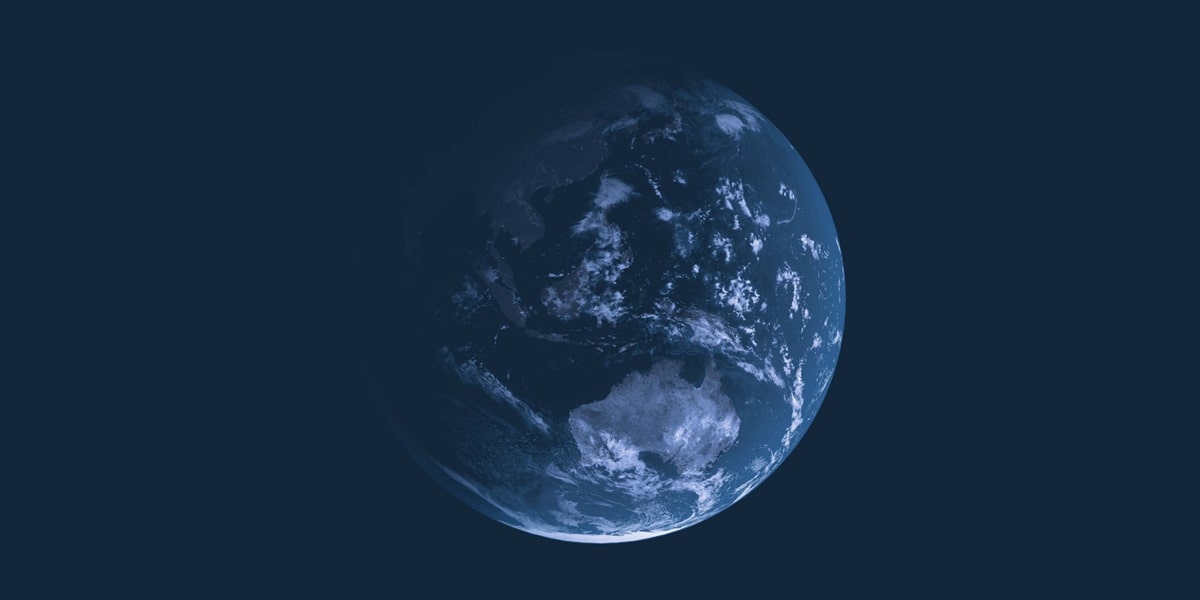The world that Vladimir Putin wants to see
The Russian President would rather have a global disorder where Russia is central, than an order where it is peripheral. Originally published in the Australian Financial Review.

It is time to call things by their proper names. The Russian invasion of Ukraine was never about Moscow’s fears of NATO enlargement, much less Ukrainian membership of the alliance.
Nor was it the action of an insecure president, concerned about a stagnating economy and his political legitimacy, and therefore anxious to secure a foreign policy victory.
No, the decision to invade was that of a confident leader who believes he is smarter, stronger and tougher than anyone else.
Vladimir Putin sees himself as a serial winner, his Western counterparts as a motley bunch of losers, and the government of Ukrainian President Volodymyr Zelenskyy as a pesky irritant that needs to be squashed.
But what purpose does invasion serve, other than personal self-affirmation?
Much has been made of Putin’s claims that Ukraine is not a real country with a distinct national culture, language and identity.
It is true that he sees the Russian and Ukrainian peoples as joined at the hip. One of the unintended consequences of Moscow’s 2014 annexation of Crimea was that Ukraine became more oriented towards Europe and distant from Russia. Time, then, to fix this historical error.
Yet, Ukraine is only part of the story. For all his paeans to Slavic brotherhood, Putin’s ambitions extend much further. He seeks nothing less than the reversal of the post-Cold War settlement in Europe and the assertion of Russia as a resurgent global power.
The demise of the Soviet Union three decades ago was not only “the greatest geopolitical catastrophe of the 20th century”, as he once claimed. It also opened the way to a new liberal international order. Russia felt marginalised, but most of all humiliated.
Today, everything is different. As the Kremlin surveys the global landscape, it likes what it sees. The so-called “rules-based international order” has been shredded by two decades of Western policy failings.
The limits of American power have been exposed in Afghanistan and Iraq. Liberalism is in crisis across much of the West.
China is rising inexorably, while the Sino-Russian partnership has become a critical factor in international politics. The Europeans are impotent.
Meanwhile, Putin has scored success after success. He has been in power for 22 years with no end in sight. Despite a much derided economy, Russia retains huge financial reserves. Europe is more dependent than ever on its oil and gas. And Russian military power has secured crushing victories from Georgia through Syria to Ukraine.
All that is missing, it seems, is Western recognition of Russia’s transformed status and influence. Subjugating Ukraine is key to this, especially when it comes in the teeth of loud Western objections.
Putin evidently subscribes to Machiavelli’s dictum that “it is better to be feared than loved, if you cannot be both”. Western condemnation fuels his animus and the conviction in his own rightness.
A sovereign Ukraine may be dead
So, how does this end? One likely but terrible outcome is that a sovereign Ukraine may be dead in the water. Despite declamations about solidarity with Kyiv and threats of “unprecedented” sanctions against Moscow, Western governments will not intervene to save Ukraine.
They neither care enough nor do they have the capacity to respond effectively. And the Kremlin knows this. It scoffs at the threat of further sanctions, judging – rightly – that they are the West’s way of pretending to take meaningful action.
It is unlikely that Putin will go as far as to annex Ukraine in a new Russian empire, but then he doesn’t need to. The model would be “limited sovereignty” – as with the Eastern bloc countries during the Cold War. Moscow would exert control indirectly through a pliant regime in Kyiv.
Putin will hope to build on the momentum from the invasion to establish new international realities. Europe would be divided once again between East and West.
Russia would seek a sizeable sphere of influence in Eastern Europe, and veto power over major decisions on the continent.
Globally, it aspires to be one of three independent centres of power, along with the US and China. There would be a rules-based system of sorts, but one dictated by great power imperatives. This would be a version of Yalta 1945, when Roosevelt, Stalin and Churchill decided the fate of global order.
Such a vision cannot be allowed to pass. Not only is it an affront to many of the values and principles we hold dear, it is anachronistic to its core.
Great power arrangements and “grand bargains” have nothing to do with addressing 21st century challenges such as climate change, global poverty, pandemic disease and technological transformation.
That will scarcely bother Putin. For him, better a disorder where Russia is central than an order in which it is a secondary player. Power, not problem-solving, is the consuming priority.

